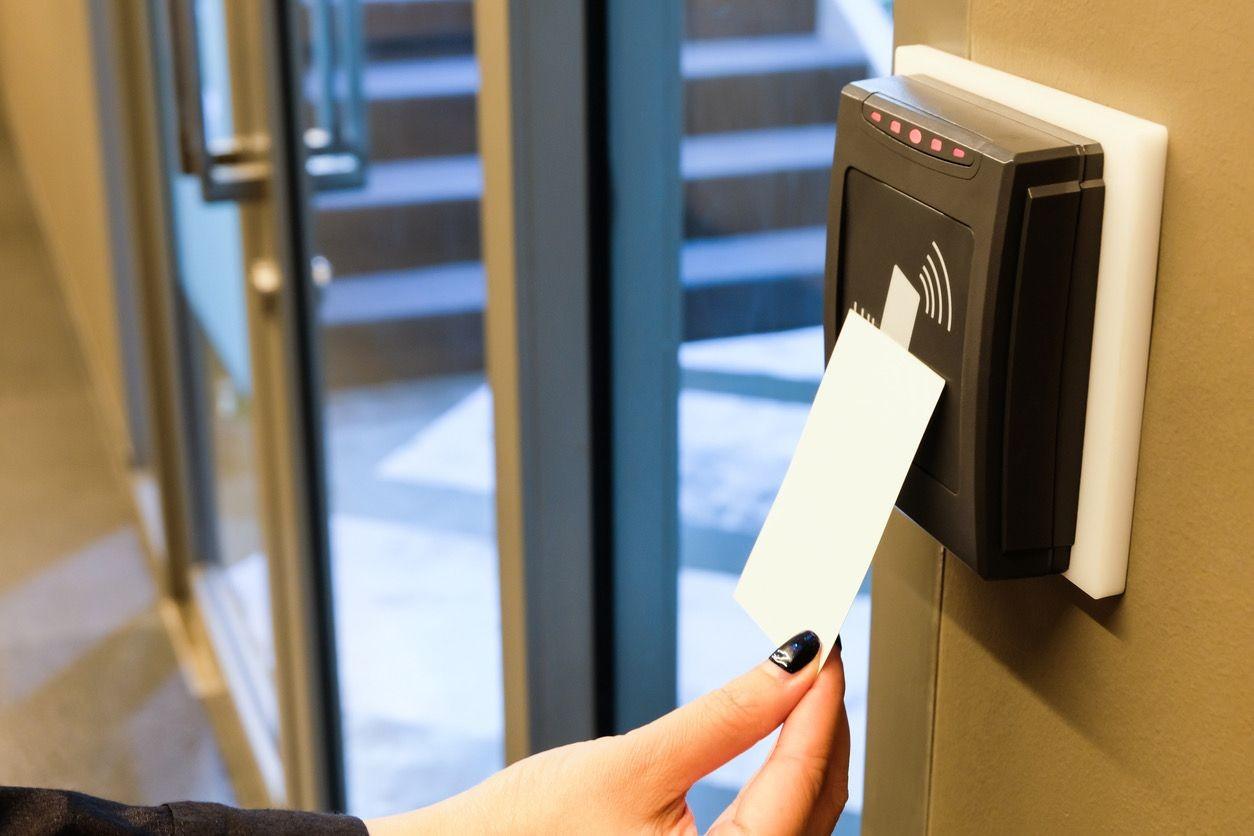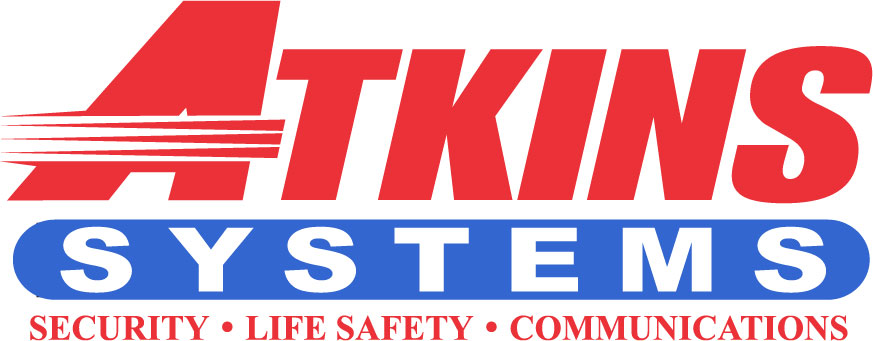
How to Choose the Perfect Security System for Your Business
At Atkins Systems, we understand the importance of choosing the right security system for your business. Security is a critical aspect of any organization, and a well-designed and effective security system can safeguard your assets, employees, and valuable data. In this article, we will provide you with a comprehensive guide on how to choose the perfect security system for your business, ensuring maximum protection and peace of mind.
Assessing Your Needs
The first step in selecting the ideal security system is to assess your specific requirements. Each business has unique security concerns, and understanding your needs is crucial for making an informed decision. Consider the following factors:
1. Size and Layout of Your Business Premises
Take into account the size and layout of your business premises. Do you have multiple entry points? Are there blind spots or areas that require enhanced surveillance? Analyzing your premises will help determine the type and number of security devices needed.
2. Nature of Your Business
Consider the nature of your business and the level of security it requires. For example, a retail store may benefit from video surveillance cameras, while a data center may require advanced access control systems and fire protection.
3. Potential Threats and Risks
Identify potential threats and risks relevant to your industry. Are you located in a high-crime area? Are there any specific risks associated with your business? By understanding the potential threats, you can implement targeted security measures.
Security System Components
Once you have assessed your needs, it’s essential to familiarize yourself with the different components of a security system. This knowledge will help you make an informed decision while choosing the right solution for your business. Here are the key components to consider:
1. Surveillance Cameras
Surveillance cameras play a vital role in monitoring and recording activities within and around your premises. There are various types of cameras available, including:
- Analog Cameras: Traditional cameras that capture and transmit video signals in analog format.
- IP Cameras: Digital cameras that transmit video over an IP network, allowing remote access and higher image quality.
- PTZ Cameras: Pan-Tilt-Zoom cameras that can be remotely controlled to move, tilt, and zoom for enhanced coverage.
Consider the camera resolution, night vision capabilities, and whether you need features like facial recognition or license plate recognition.
2. Access Control Systems
Access control systems manage entry to your business premises, ensuring only authorized individuals can enter. Key components of an access control system include:
- Card Readers: Require authorized personnel to present access cards to gain entry.
- Biometric Readers: Use unique physical characteristics like fingerprints or retinal patterns for access verification.
- Keypads: Require a PIN code for entry.
Evaluate the scalability and integration capabilities of access control systems to accommodate your current and future needs.
3. Intrusion Detection Systems
Intrusion detection systems are designed to detect unauthorized access to your premises. These systems can include:
- Motion Sensors: Trigger an alarm when motion is detected in specific areas.
- Glass Break Detectors: Detect the sound of breaking glass, indicating a potential break-in.
- Door and Window Sensors: Alert when doors or windows are opened or breached.
Consider the sensitivity and reliability of these sensors to minimize false alarms while maximizing security.
4. Fire and Smoke Detection Systems
Fire and smoke detection systems are crucial for safeguarding your business against fire-related risks. Components of these systems include:
- Smoke Detectors: Detect the presence of smoke and trigger alarms.
- Heat Detectors:
- Detect significant increases in temperature and activate alarms.
- Fire Sprinkler Systems: Automatically release water or fire-retardant chemicals to suppress fires.
When choosing fire and smoke detection systems, consider the size of your premises, the type of fire hazards present, and compliance with local fire safety regulations.
5. Alarm Systems
Alarm systems provide audible and visual alerts in the event of a security breach or emergency situation. Components of alarm systems include:
- Sirens and Strobes: Emit loud sounds and flashing lights to deter intruders and notify occupants.
- Control Panels: Centralized units that allow arming, disarming, and configuration of the alarm system.
- Panic Buttons: Enable individuals to trigger an immediate alarm in case of an emergency.
Evaluate the reliability and responsiveness of alarm systems to ensure timely notifications and quick response.
Integration and Scalability
In today’s interconnected world, it is crucial to consider the integration and scalability of your security system. Look for systems that can seamlessly integrate with other security devices and technologies, such as:
- Video Management Software: Allows centralized monitoring and management of surveillance cameras.
- Security Information and Event Management (SIEM) Systems: Enable comprehensive log analysis and correlation for advanced threat detection.
- Mobile Applications: Provide remote access and control of the security system via smartphones or tablets.
Additionally, choose a system that can accommodate future growth and changes in your business. Scalability ensures that your security solution can expand or adapt as your business evolves.
Professional Installation and Maintenance
To ensure optimal performance and reliability of your security system, it is recommended to seek professional installation and ongoing maintenance services. Professional installers have the expertise to set up the system correctly, configure it to your specific needs, and provide valuable insights for maximizing its effectiveness.
Regular maintenance, including equipment inspections, firmware updates, and system testing, is essential to keep your security system in optimal condition. Consider partnering with a reputable security provider who offers reliable maintenance plans to ensure the longevity and efficiency of your system.
Conclusion
Choosing the perfect security system for your business requires careful consideration of your specific needs, understanding the various components available, and assessing integration and scalability options. By evaluating these factors and seeking professional installation and maintenance, you can establish a robust security infrastructure that protects your business, assets, and personnel.
Atkins Systems has provided state of the art security alarm solutions for businesses in Woodstock and the surrounding areas for over 30 years. Our expert Woodstock security alarm technicians can design and install security system that protects your business assets. Contact us today for a free consultation!
